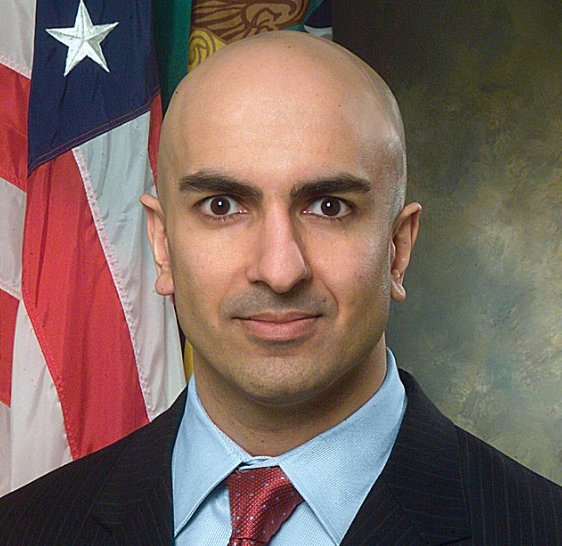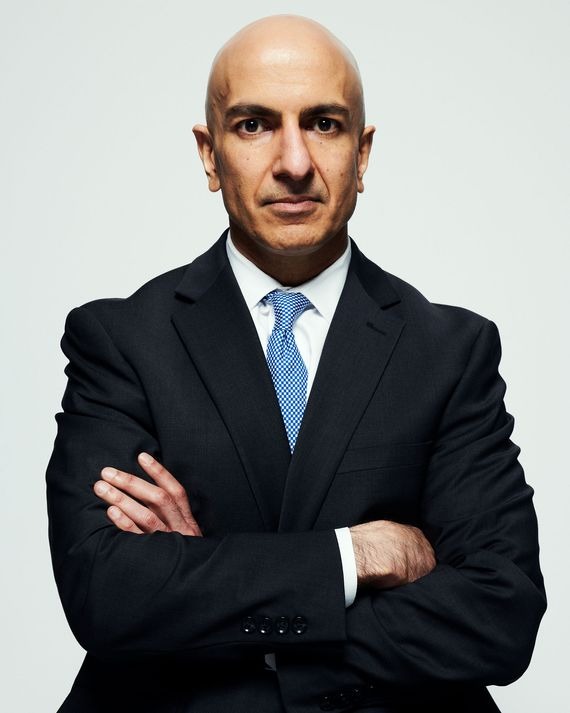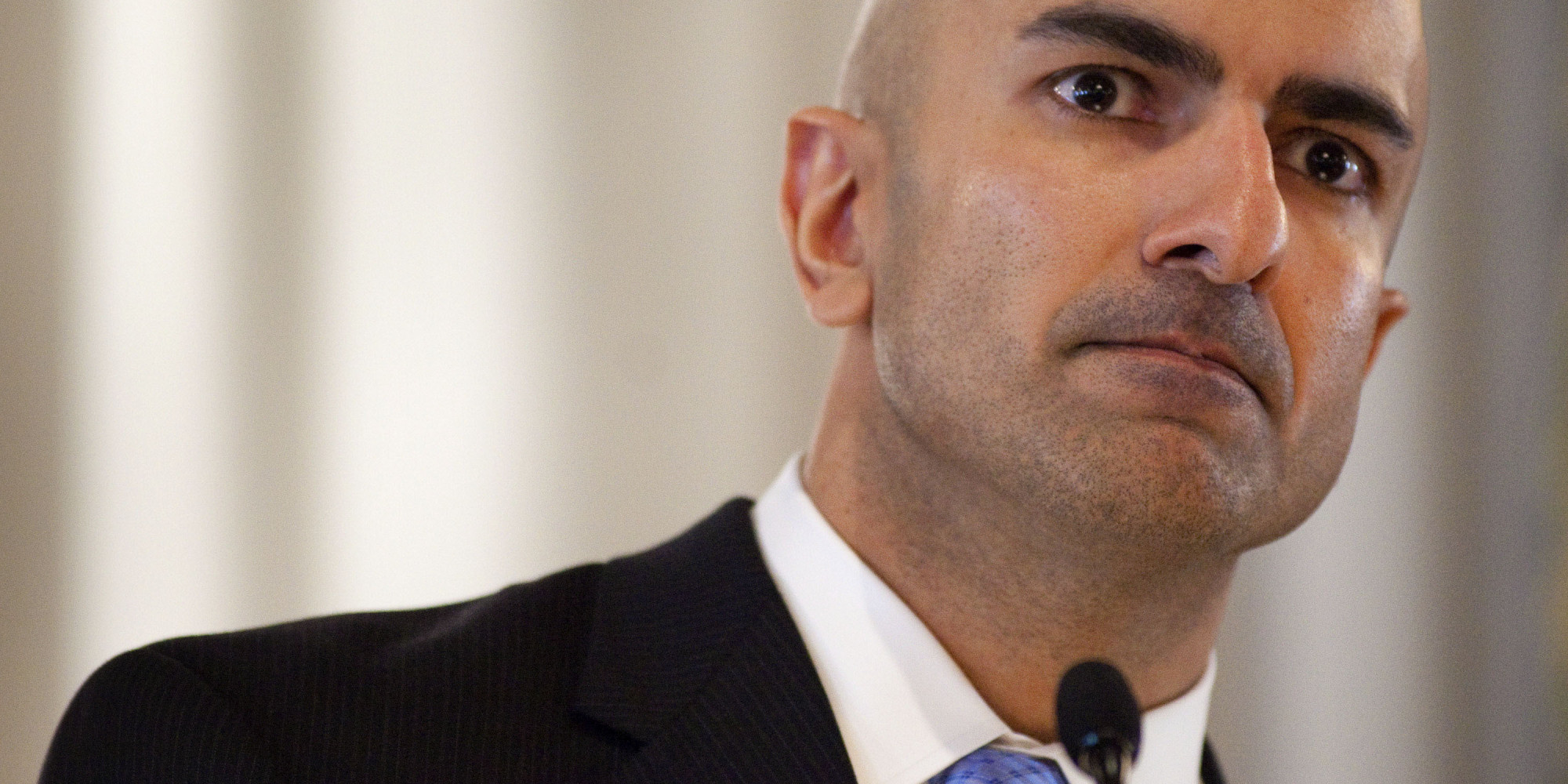The ongoing trade tensions between countries have been a major concern for economies worldwide, and Neel Kashkari, the President of the Federal Reserve Bank of Minneapolis, has weighed in on the issue. In a recent statement, Kashkari emphasized the need for a fast resolution with countries over tariffs to ease the uncertainty and volatility that has been plaguing the global market. In this article, we will delve into the implications of Kashkari's statement and explore the potential consequences of a prolonged trade war.
The Impact of Tariffs on the Global Economy
Tariffs, or taxes on imported goods, have been a major point of contention in international trade negotiations. The imposition of tariffs can lead to higher prices for consumers, reduced demand, and decreased economic growth. The ongoing trade war between the United States and China, for example, has resulted in significant economic losses for both countries, with the US trade deficit with China reaching a record high in 2020. The uncertainty surrounding trade policies has also led to a decline in business investment and a slowdown in global economic growth.
Kashkari's Call for Swift Resolution
Neel Kashkari's statement emphasizes the need for a swift resolution to the ongoing trade tensions. According to Kashkari, a fast resolution would help to ease the uncertainty and volatility that has been affecting the global market. This, in turn, would lead to increased business investment, job creation, and economic growth. Kashkari's comments are significant, as they reflect the concerns of the Federal Reserve and the broader economic community about the impact of trade tensions on the global economy.
Potential Consequences of a Prolonged Trade War
A prolonged trade war could have severe consequences for the global economy. Some of the potential consequences include:
Higher prices for consumers: Tariffs can lead to higher prices for imported goods, which can reduce consumer demand and lead to decreased economic growth.
Reduced economic growth: Trade wars can lead to reduced economic growth, as businesses may be less likely to invest in new projects and hire new employees.
Job losses: A trade war could lead to job losses, particularly in industries that are heavily reliant on international trade.
Increased uncertainty: The uncertainty surrounding trade policies can lead to a decline in business investment and a slowdown in global economic growth.
In conclusion, Neel Kashkari's call for a swift resolution to the ongoing trade tensions is a timely reminder of the need for cooperation and diplomacy in international trade negotiations. A fast resolution would help to ease the uncertainty and volatility that has been affecting the global market, leading to increased business investment, job creation, and economic growth. As the global economy continues to navigate the challenges of trade tensions, it is essential that countries work together to find a resolution that benefits all parties involved. By doing so, we can mitigate the potential consequences of a prolonged trade war and promote a more stable and prosperous global economy.
Keyword: Neel Kashkari, tariffs, trade tensions, global economy, economic growth, trade war, international trade, Federal Reserve, business investment, job creation, uncertainty, volatility.









